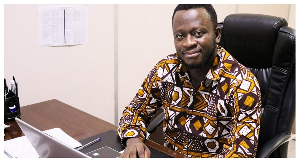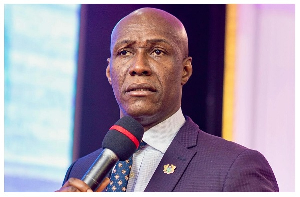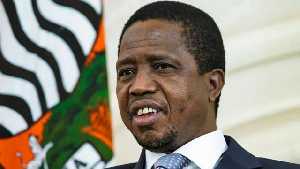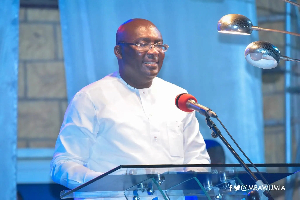The Technical Advisor to the Ministry of Finance, Dr. Abudu Abdul-Ganiyu, has assured Ghanaians that the Akufo-Addo-Bawumia government will hand over a healthy, strong, and robust economy by January 2025.
Speaking on Morning Starr with Naa Dedei Tettey, Dr. Abdul-Ganiyu emphasised that despite economic challenges, the current New Patriotic Party (NPP) government has worked diligently over the years to avoid leaving behind a difficult situation for its successor.
He explained that although the country has sought assistance from the International Monetary Fund (IMF), the Finance Ministry has remained disciplined in its fiscal policies, even during this election year.
Dr. Abdul-Ganiyu reiterated that the government’s economic governance efforts have been focused on ensuring a smooth transition and highlighted the importance of maintaining discipline while working with the IMF.
The Technical Advisor noted that the government’s ability to stay disciplined and meet its targets despite IMF oversight reflects its commitment to sound economic governance.
“So as far as economic governance is concerned, that is what the Akufo-Addo government has done over the last few years. It is doing everything possible to ensure that by January 2025, when it is handing over, it will be handing over a very healthy, strong, and robust economy. It is not going to leave a very difficult situation for any government that takes over, and so far, that is what the books are showing,” Dr. Abdul-Ganiyu stated.
He emphasised the uniqueness of this administration’s approach, saying:
“If, for the first time in our history, we are seeing a government that wants to win elections while also working with the IMF to stay on track with its targets, then it shouldn’t just be dismissed. We don’t have a choice but to do the needful.
“Yes, the IMF has been around, but it also requires discipline. What that means is that after every half-year review, if we were not disciplined, you would hear that Ghana did not meet its set targets. That would mean that by the next review, they would expect us to meet those targets. If they are not met, it would extend the program by another year or even two—and it has happened in our history before.
“So if we have remained disciplined, it should not be reduced to just the fact that the IMF is present,” he explained.
Click to view details



Business News of Friday, 6 December 2024
Source: starrfm.com.gh

















